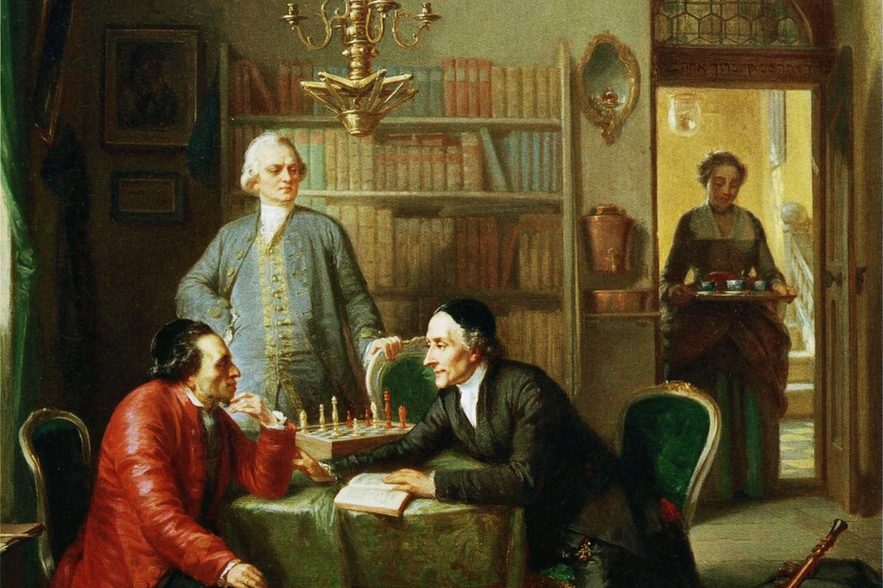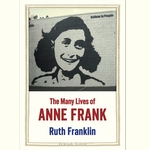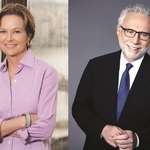LBI Book Club, Vol. X: Nathan the Wise
with Professor Peter Jelavich

- Date/Time
- –
- Format
- Online
One of the most frequently performed and widely read comedies of the eighteenth century, Gotthold Ephraim Lessing's Nathan the Wise (1779) combines rich characterization with an engaging plot. Set in Muslim-ruled Jerusalem at the time of the Crusades, it deals with universal themes -- including the nature of God, antisemitism, wealth and poverty, and the conflict between love and duty. Today the play is as timely as ever. (Macmillan Learning).
Author
Gotthold Ephraim Lessing (1729 – 1781) was a German writer, philosopher, dramatist, publicist and art critic, and an outstanding representative of the Enlightenment era. His plays and theoretical writings substantially influenced the development of German literature. Lessing was not Jewish, but was famous for his friendship with Jewish-German philosopher Moses Mendelssohn. A biography of Mendelssohn's grandson, Felix, describes their friendship as one of the most "illuminating metaphors [for] the clarion call of the Enlightenment for religious tolerance". It was this relationship that sparked his interest in popular religious debates of the time. He began publishing heated pamphlets on his beliefs which were eventually banned. It was this banishment that inspired him to write Nathan the Wise.
Recommended Edition of the Play
Our guest for this book club recommends this particular version of the text, which comes with accompanying essays and historical notes. Of course, any edition is fine, but this will be the edition "officially used" by the book club for the meeting.
Our Guest
We are pleased to have Professor Peter Jelavich, who was with us twice last year to discuss Berlin Alexanderplatz, return for our discussion of Nathan the Wise.
Peter Jelavich specializes in the cultural and intellectual history of Europe since the Enlightenment, with emphasis on Germany. His areas of interest include the interaction of elite and popular culture; the history of mass culture and the media; and the application of cultural and social theories to historical study.
He is the author of Munich and Theatrical Modernism: Politics, Playwriting, and Performance, 1890-1914 (1985), Berlin Cabaret (1993), and Berlin Alexanderplatz: Radio, Film, and the Death of Weimar Culture (2006).
He currently is writing a book on censorship of the arts in Germany from 1890 to the present.

